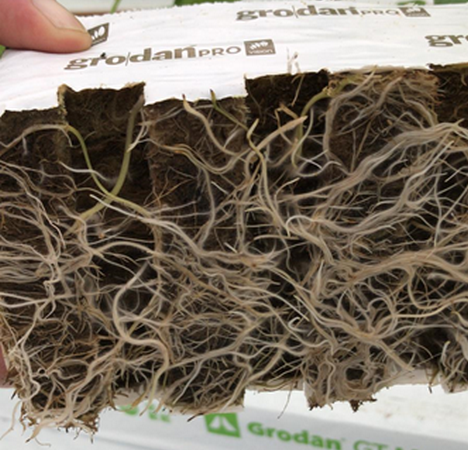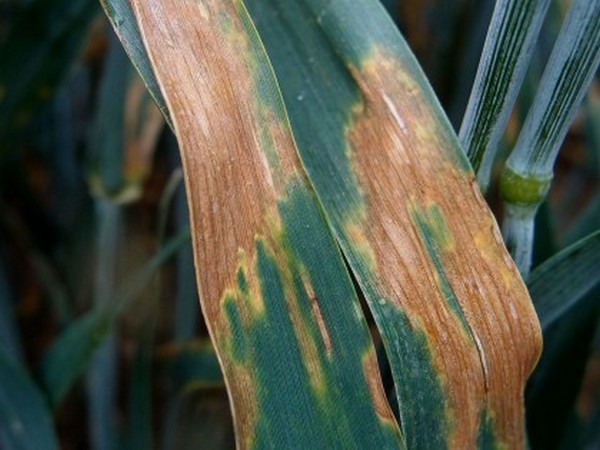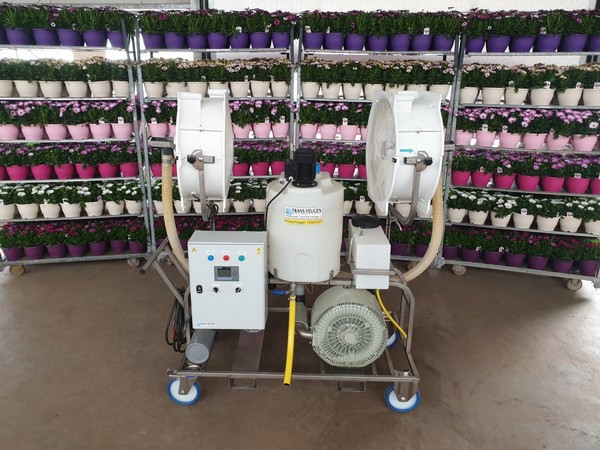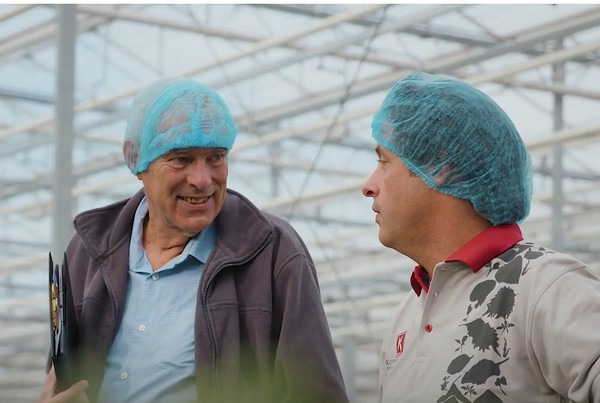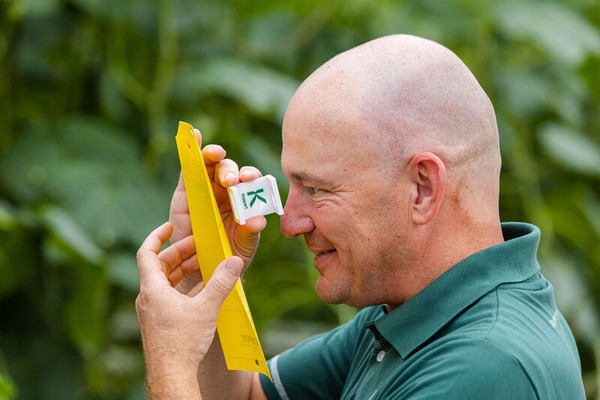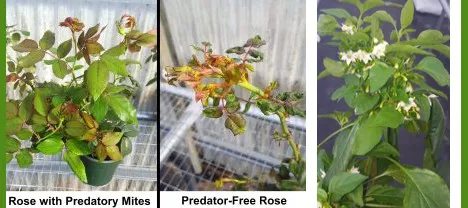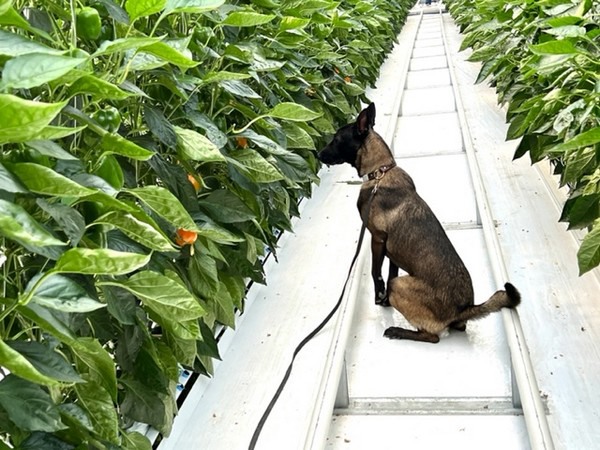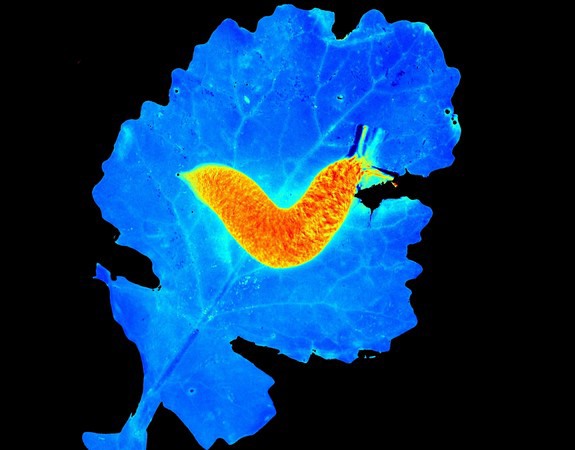Bugs and pests keep feasting on our beloved plants. Jokes on them, though soon enough people will be enjoying their insect-based bread and more. While a petty revenge might make you feel better for a moment, growers often find themselves dealing with the long-term effects of an infestation. So, let's have a look at these 10 stories about crop protection from 2022.
Crop protection innovations: Who will give the final push in the right direction?
At an event on crop protection, it never takes long before a target and a deadline are mentioned. This was also the case at the World Horti Centre in Naaldwijk recently. By 2030, Europe wants the use of plant protection products to be halved. The question here is not so much whether we agree but more how we will deal with it.
"Start early with crop protection against root diseases"
Protection against root disease starts at the beginning of the growth cycle. The crop rotation is starting up again, and at some farms, the first plants have already been culled. Starting cultivation cleanly is, of course, extremely important. However, it is also time to think a step further, says Biobest.
Maximizing the effective life of plant protection products
The problem of antibiotic-resistant infections in medicine has received increasing attention in recent years, but farmers and their advisors are all too familiar with resistance problems too. Fungicides are a vital tool to control plant diseases, protecting yields, and avoiding fungal contamination and food waste. But many key pathogens are evolving resistance to an increasing number of fungicide types.
Fogging the greenhouse against Sciara
If you are bothered by unwanted bugs in the greenhouse, spraying is the obvious solution. But sometimes, this just doesn't work well enough, and you have to look for another method. Dutch grower, Ron van der Voort of ROVO plant, knows all about it - he had problems with Sciara in the greenhouse, and spraying was unable to eradicate the flies. Hence the decision to use a power fogger.
Micothon develops mega vacuum cleaner to get rid of flying insects
Two years ago, during a networking event, there was an accidental meeting between Koppert Cress B.V. and Theo Straathof, the owner of Micothon B.V. They had a brainstorm about how to develop the most sustainable to get rid of the flying insects in crops without using chemicals.
No crop in the greenhouse? Keep monitoring!
Now that most crops are coming to an end, and with that, crop rotation and cleaning are approaching, it remains crucially important to continue to monitor flying pests, partly due to the relatively warm weather for the time of year. With the Horiver trapping cards from Koppert, growers can catch whiteflies and thrips.
Mealybug Management: how to manage this pest
What is a mealybug, and how does it impact greenhouse and nursery crops? How is it addressed? In this short Nufarm virtual learning series webinar, Key Account Manager Ornamentals Todd Birchler provides an overview of how to identify and remediate these pests.
US (FL): Banker plants effective for managing thrips on roses
Chilli thrips are a nuisance to rose growers, as their feeding causes foliar and flower damage. For the first time, UF/IFAS researchers investigated the utility of a banker plant system for managing chili thrips on roses. Recently published research in the Journal of Applied Entomology demonstrates the potential of this system for helping rose growers using two predatory mite species.
"Each insect has its own odor, and the dogs will always notice"
Scouting pests in a large greenhouse can be quite a challenge. After all, the pests are hardly visible to the eye, and populations grow rapidly in number. For that reason, Deanna Kjorlien and her colleagues are training dogs to respond to the odor of greenhouse pests. After all, a dog's nose is sensitive enough to perceive the presence of an insect colony, even when it's still too small for a grower to notice.
The future of slug control: SlugBot
Work began in 2020, funded by Innovate UK, bringing together Crop Health and Protection (CHAP), Small Robot Company, farming enterprise AV, and N Lee to explore a new cost-effective and environmentally-friendly way to control the pests. Now at its conclusion, the project has demonstrated the impact of combining improved monitoring with non-synthetic treatments to unlock the future of slug control.
Eager to read more crop protection stories? Click here to go to our crop protection page on FloralDaily.


